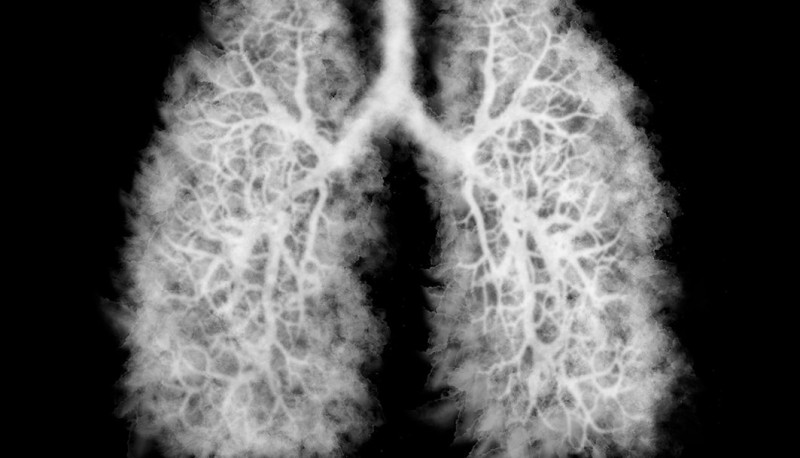
In the early 2000s, a sudden emergence of a disease called "Popcorn Lung" came to light. The victims were workers at a microwave popcorn plant, and investigations revealed that they had been exposed to a chemical called diacetyl, which turned out to be the real culprit behind this illness. Diacetyl is commonly used in the food industry and snacks to enhance flavor.
Understanding the Significance of Body Signals:
Recognizing signs of serious illness is crucial for maintaining overall health. The body often communicates distress signals through various symptoms, and being aware of these indicators allows individuals to seek timely medical attention.
The Implications of Ignoring Symptoms:
Ignoring signs of a serious illness can lead to delayed diagnosis and treatment, exacerbating the condition. Some illnesses progress rapidly, and early intervention can significantly impact the outcome. Ignoring symptoms may result in complications and a more challenging recovery process.
Common Signs of Serious Illness:
Detailing specific signs commonly associated with serious illnesses, such as persistent fatigue, unexplained weight loss, chronic pain, changes in bowel or bladder habits, and abnormal bleeding. Understanding the nuances of these symptoms helps individuals in identifying potential health concerns.
Body Signals as Early Warning Signs:
Many symptoms serve as early warning signs of underlying health issues. Explaining how symptoms like persistent coughs, shortness of breath, chest pain, and unusual skin changes can indicate serious conditions like respiratory or cardiovascular problems, dermatological issues, etc.
The Role of Regular Health Check-ups:
Emphasizing the importance of routine health check-ups in preventing and identifying potential health issues. Regular screenings and examinations can help in the early detection of diseases, making treatment more effective and less invasive.
Seeking Professional Medical Advice:
Encouraging individuals to consult healthcare professionals if they experience concerning symptoms. Explaining that self-diagnosis and treatment can be risky, and qualified medical professionals are best equipped to assess and address health concerns.
Impact of Lifestyle on Health:
Discussing how lifestyle factors, including diet, exercise, and stress management, can influence overall health and contribute to the prevention of serious illnesses. Encouraging healthy habits as a proactive approach to maintaining well-being.
Psychological Aspects of Ignoring Symptoms:
Addressing the psychological impact of ignoring symptoms, such as increased anxiety, stress, and potential development of mental health issues. Acknowledging the importance of mental well-being in conjunction with physical health.
Case Studies and Examples:
Providing real-life examples or case studies to illustrate the consequences of neglecting symptoms. Sharing stories of individuals who ignored warning signs, the resulting impact on their health, and contrasting cases where early intervention led to positive outcomes.
Public Health Awareness and Education:
Highlighting the role of public health campaigns and educational initiatives in raising awareness about recognizing and addressing symptoms of serious illnesses. Emphasizing community responsibility in promoting a health-conscious society.
In conclusion, understanding and acknowledging the signs of serious illness, coupled with prompt medical attention, are vital components of proactive healthcare. Ignoring these signals can have profound consequences on an individual's health and well-being.
Do You Eat Mirchi Bajjis with Tea? Then Beware of These Health Risks
How to Manage Syphilis-Related Hair Loss: Insights and Treatment